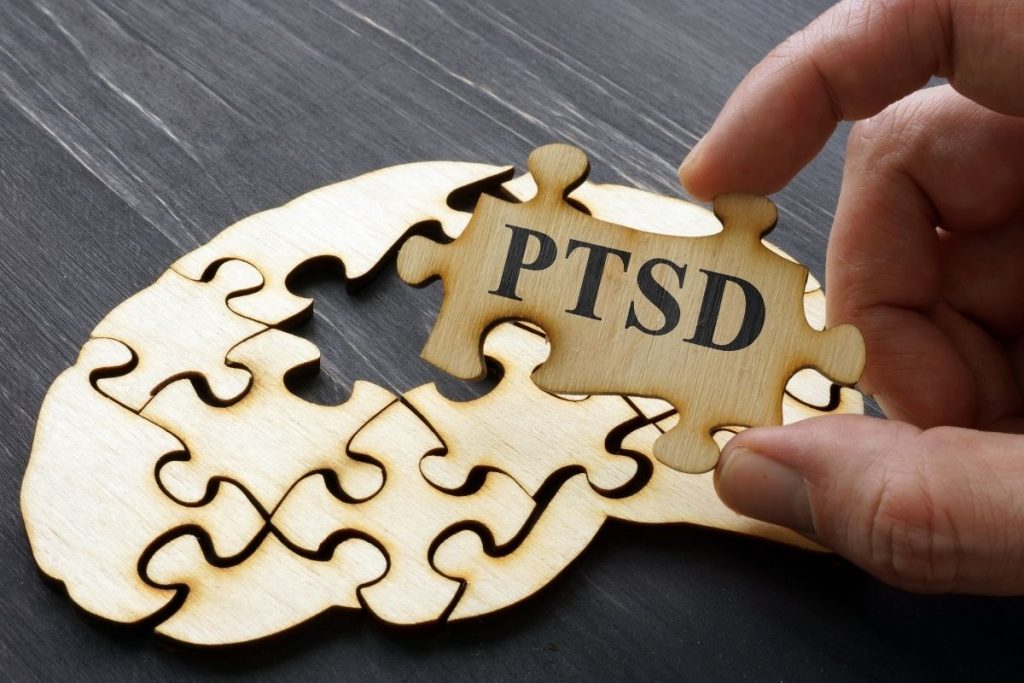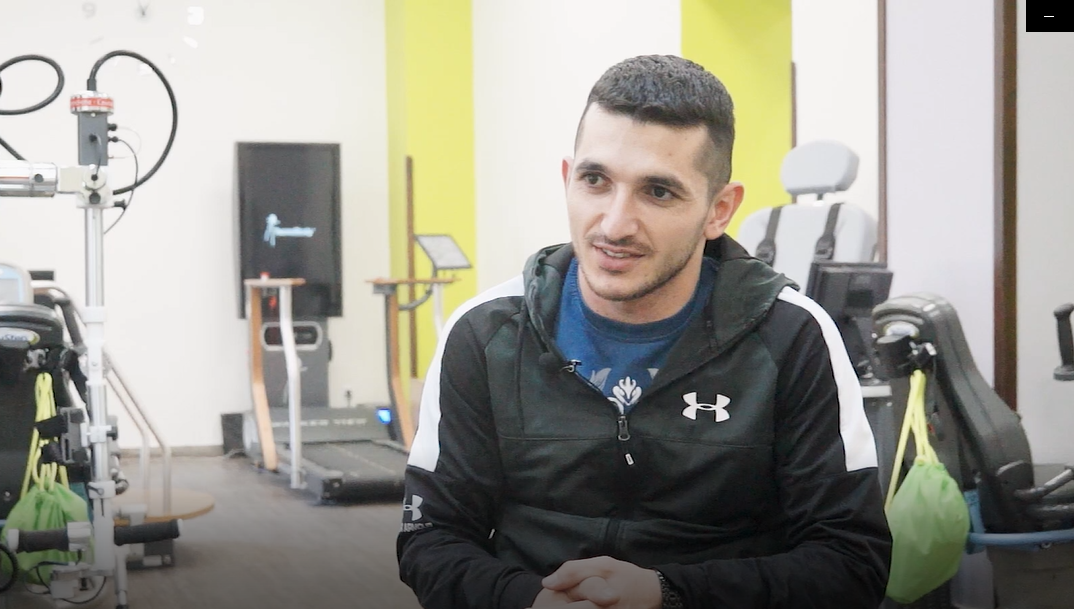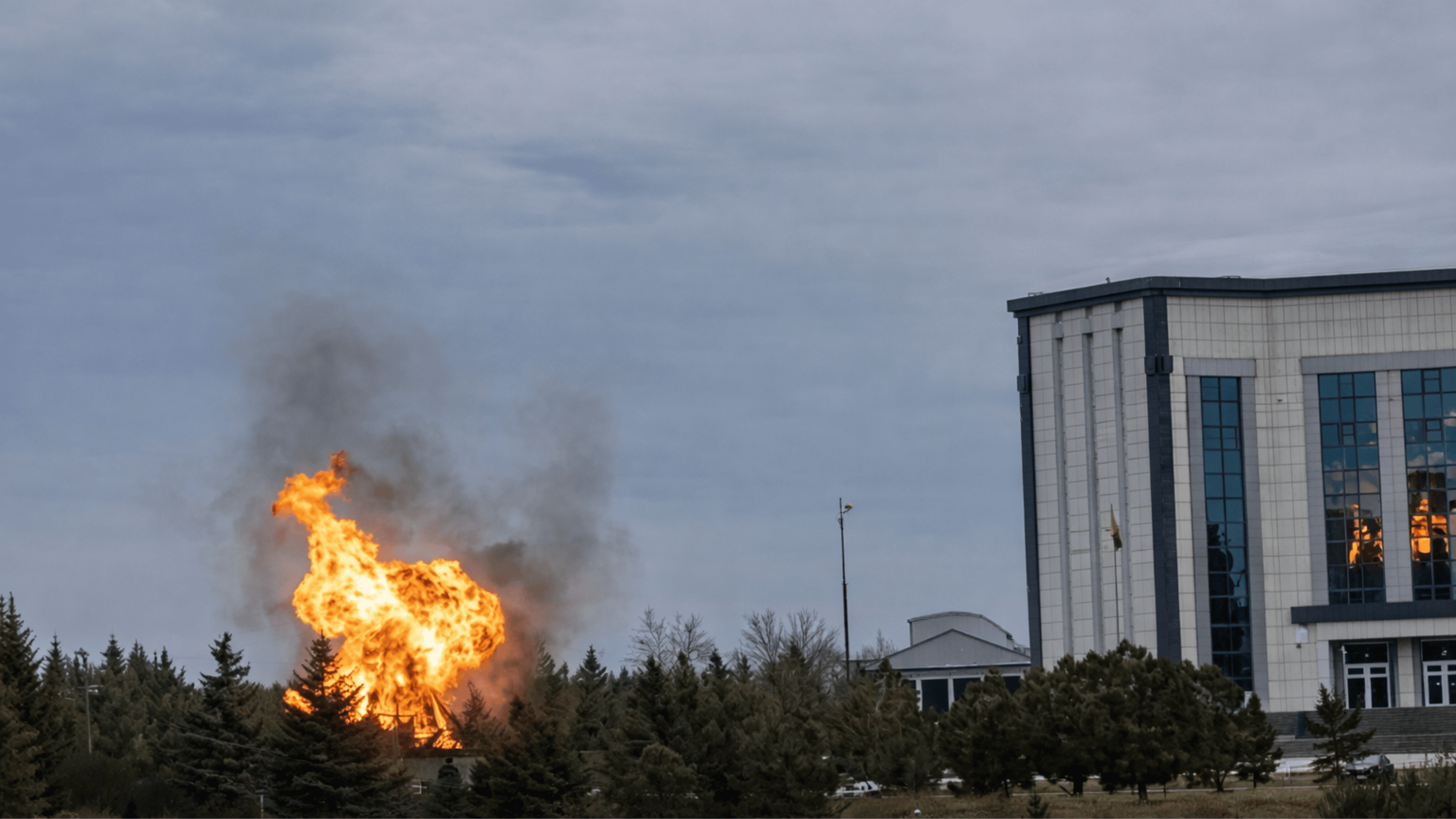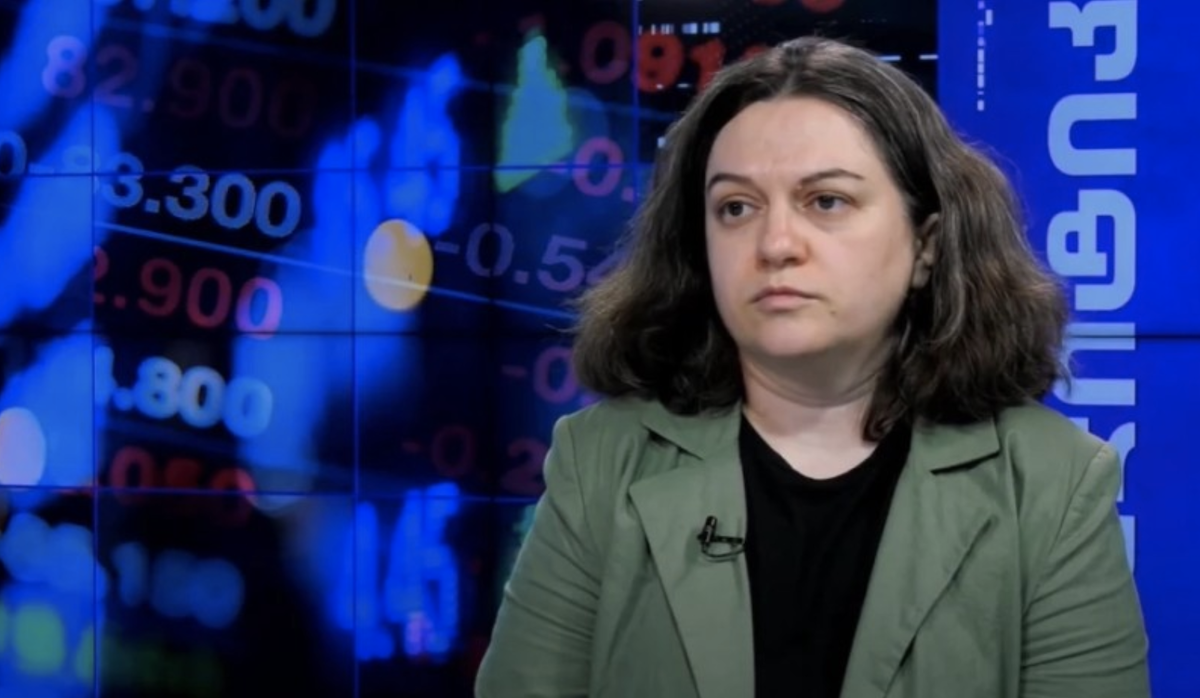Heroization and stigma: Psychological problems faced by war veterans in Armenia
War veterans in Armenia
Veterans of the war in Armenia often avoid seeking psychological help, hindered by both glorification and stereotypes.
Mikael (not his real name), who fought in the 44-Day War, often suffers from nightmares.
“He gets nervous, sometimes even aggressive. He isolats himself, jumps at loud noises, he has nightmares about the war. This is no longer the Mikael I knew, he has changed a lot. He cannot return to peaceful life in any way,” his mother Mikaela Alvina (not her real name) says.
- People who cannot return from war – is it possible to leave PTSD in the past?
- “After the war, self-defense is being taught in Armenia”: an article by a journalist from Germany
- Does the Armenian population of Karabakh hinder the signing of a peace treaty? Opinion from Baku
Curse for PTSD
The main psychological consequences of experience in war are summed up under post-traumatic stress disorder (PTSD). It is typical of societies that have been through war, and is most pronounced among the participants in and witnesses of hostilities. But war veterans in Armenia, as in other societies, often refuse psychological support.
Psychologist and psychotherapist Tatevik Hovhannisyan, who works with war-affected and disabled people, observes that some of them initially refuse to consult a psychologist, mainly because they are considered “heroes”.
“We immediately put the stamp of a hero on the men who participated in war. But the hero has no right to be weak, sad, to experience the natural consequences of the war. Can a hero come to the doctor and say that he is unwell?” Hovhannisyan asks.
But, the doctor continues, one should be careful and avoid labeling. They may indeed be heroes, but they are people, and a person, especially a trauma survivor, is also characterized by states of weakness, impotence, sadness, anxiety, nightmares and chronic fatigue.
The picture is somewhat different if we talk about those who were in captivity. Clinical psychologist Siranush Davtyan, who worked with young people returning from Azerbaijani captivity, emphasizes that the need for professional help in this case is obvious:
“War inflicts deep injuries, and when captivity is added to it, a situation is created where you cannot say: “Well, is it a problem to turn to a specialist?” Such traumatic realities directly affect the quality of life: study, work, interpersonal relationships, and so on. And a completely different question is how these people relate to psychological support and the image of a psychologist.”
However, Davtyan believes that patients change their attitude towards psychologists over time:
“I think people’s attitudes have changed in recent years. The psychologist is no longer perceived as some kind of mystical figure, but as a specialist with the appropriate education to whom people turn when necessary.

Not only glorification, but also stigmatization
But another reason that many veterans avoid seeking psychological help is not only glorification. The topic of mental health is generally very sensitive in Armenian society, and fear of labeling and stigmatization is very high.
In the case of PTSD it is necessary to involve two specialists: a psychologist and, often, a psychiatrist. In some cases, medical treatment is necessary. However, there is also labeling in society for mental health professionals, especially psychiatrists. Psychologists often face this problem in their practice when, realizing that there is a need, they refer the patient to a psychiatrist and patients refuse to go.
David Gevorkyan, coordinator of the psychosocial support program for military personnel and their families, also emphasizes the importance of cooperation between psychologists and psychiatrists, especially in the post-war period, believing that the best option for treating post-traumatic problems is a combined approach — medication and psychotherapy:
“I want us to stop thinking in terms of “crazy,” “not crazy,” and so on. We are talking about health. And if there are ways to correct it, especially after such a strong blow that was dealt to us, to the whole society and, in particular, to soldiers and their families, then I think that all these stereotypes are secondary compared to the restoration of health.

It is necessary that specialists also carry out educational work on this issue, clinical psychologist and psychotherapist Lilit Kagramanyan says, who also works with those disabled in the war:
“First of all, I want to note that it is specialists who should overcome this internal stigmatization. By specialists I mean both psychologists and doctors of various profiles. I think we, the specialists, have something to work on here.”
Kagramanyan says it’s extremely important that a professional working with someone suspected of having PTSD doesn’t have this “intrinsic stigma”:
“That is, when I know that by referring a patient to a psychiatrist, I am making the right decision that will help him improve his quality of life, then I should be able to clearly convey this position to him. We are the very people who educate patients and disseminate this information. A person who has mental health problems often visits doctors of various profiles, but not psychiatrists. And the doctors themselves do not send him [to a psychiatrist] immediately, often after a delay. It’s easy to say that, well, there is a stigma and it’s better not to go to a psychiatrist. But in this way we harm the patient and delay their treatment.”
To find out how many people applied for state-funded psychological help, as well as mental health problems resulting from the war, the Trajectories project contacted the Armenian Ministry of Emergency Situations twice, but these requests remained unanswered.
The problem is becoming more and more urgent, since many veterans in Armenia are experiencing constant anxiety over the possibility of renewed conflict. In Azerbaijan, they says that it is a consequence of the non-delimited border. And although discussion of the possibility of signing a peace treaty between the two countries continues, there is very little hope of peace in Armenian society.






















